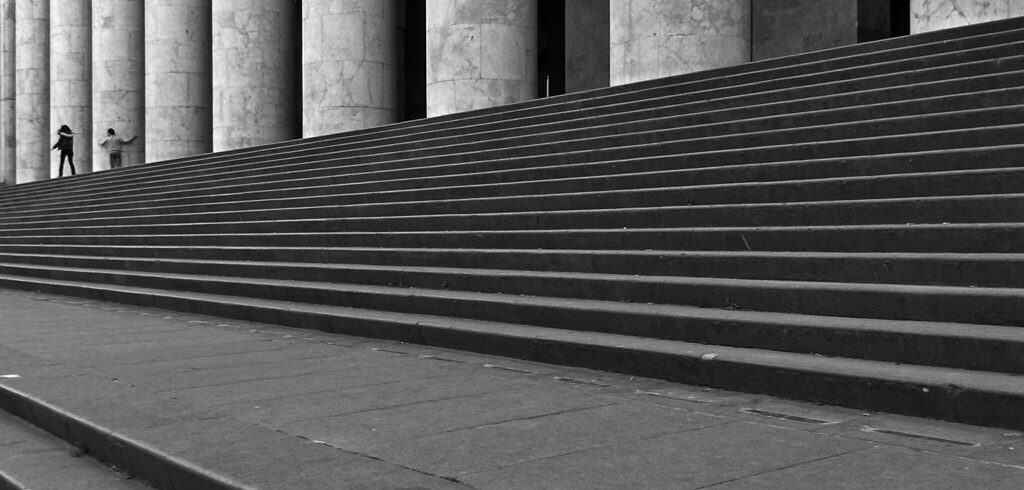
On March 4, 2020, Governor Gavin Newsom issued Executive Order N-28-20, extended by Executive Orders N-66-20 and N-71-20, which put on hold evictions for nonpayment of rent due to COVID-19. In my practice, I have seen tenants claiming that the executive orders “waived” the obligation to pay rent altogether, despite the fact that the executive orders clearly stated that “[n]othing in this Order shall relieve a tenant of the obligation to pay rent, nor restrict a landlord’s ability to recover rent due.”
On April 6, 2020, the Judicial Council of California, the policymaking body of the state courts, adopted Emergency Rule 1, which put all evictions on hold by prohibiting courts from issuing summons or granting default judgment if tenants failed to appear. After postponing a vote once to give the state legislature more time to adopt a legislative solution, the Judicial Council voted to end Emergency Rule 1 starting September 1.
On September 1, Governor Newsom signed AB 3088, which extends the hold on evictions for nonpayment of rent for the period from March 1, 2020 to August 31, 2020 due to COVID-19. Under AB 3088, tenants are responsible for 25% of their rent for the period from September 1, 2020 to January 31, 2021. Landlords may evict tenants who fail to pay 25% of their rent during the period from September 1, 2020 to January 31, 2021 starting on February 1, 2021. Landlords will be able to recover all unpaid rent starting on March 1, 2021.
In order to show that they are unable to pay rent due to COVID-19, AB 3088 requires most tenants to sign a declaration that they have been financially impacted as a result of the pandemic. Tenants with incomes over $100,000 or over 130% of median household income may be required to provide documentation regarding proof of financial loss.
California courts may process unlawful detainer actions for reasons other than nonpayment of rent due to COVID-19 starting on October 5, 2020, including for violations of lease terms unrelated to rent or other payments. This is consistent with the nationwide Centers for Disease Control and Prevention (CDC) agency order which halts residential evictions for nonpayment of rent until December 31, 2020. The CDC agency order however does not relieve any individual of the obligation to pay rent, or any portion of rent.
Unlike residential tenants, AB 3088 specifically excludes commercial tenants from its definition of “tenant.” This means that commercial landlords may now file unlawful detainer actions in cities and counties that have not adopted their own eviction moratoria protecting commercial tenants.
The information in this post is provided for informational purposes only. This post should not be taken as legal advice and is not intended to be a substitute for legal counsel on any subject matter. Readers should seek legal advice from a lawyer licensed in their jurisdiction before acting on the basis of any information in their article.
Please feel free to contact us with any questions at contact@duewel.law.